US, China reach framework deal on TikTok; Trump and Xi to speak on Friday
U.S. and China set framework for TikTok ownership amid ongoing trade talks and tensions.
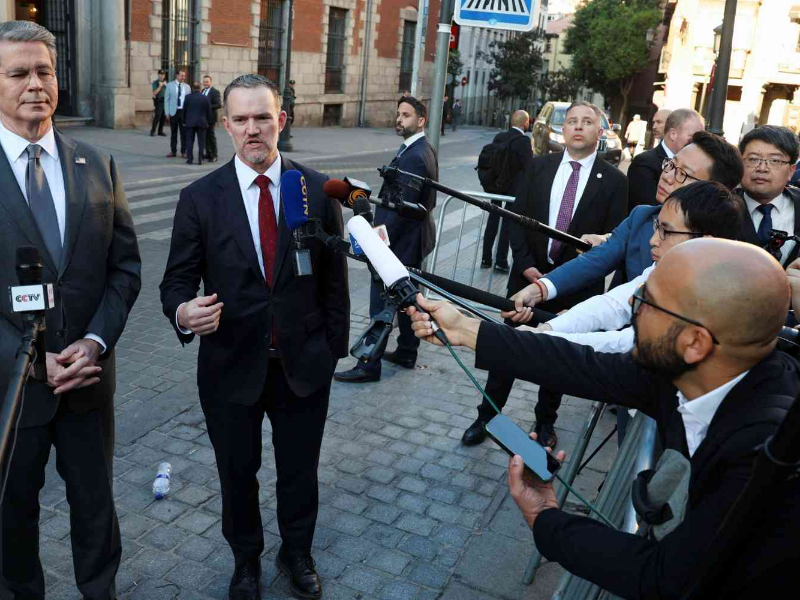 U.S. Trade Representative Jamieson Greer speaks to the press as U.S. Treasury Secretary Scott Bessent stands alongside, on the day of U.S.-China talks on trade, economic and national security issues, in Madrid, Spain, September 15, 2025. / REUTERS/Violeta Santos Moura
U.S. Trade Representative Jamieson Greer speaks to the press as U.S. Treasury Secretary Scott Bessent stands alongside, on the day of U.S.-China talks on trade, economic and national security issues, in Madrid, Spain, September 15, 2025. / REUTERS/Violeta Santos Moura
U.S. and Chinese officials said on Sept. 15, they have reached a framework agreement to switch short-video app TikTok to U.S.-controlled ownership that will be confirmed in a Sept. 19 call between U.S. President Donald Trump and Chinese President Xi Jinping.
The potential deal on the popular social media app, which counts 170 million U.S. users, was a rare breakthrough in the months-long talks between the world's No. 1 and No. 2 economies that have sought to defuse a wide-ranging trade war that has unnerved global markets.
After a meeting with Chinese negotiators in Madrid, U.S. Treasury Secretary Scott Bessent said a September 17 deadline that could have disrupted the popular social media app in the U.S. encouraged Chinese negotiators to reach a potential deal.
Also read: US Democrats press Trump for a trade deal that curbs China's production
He said that deadline could be extended by 90 days to allow the deal to be finalized, but declined to discuss specifics of the deal.
Bessent said when commercial terms of the deal are revealed, it will preserve cultural aspects of TikTok that Chinese negotiators care about.
"They're interested in Chinese characteristics of the app, which they think are soft power. We don't care about Chinese characteristics. We care about national security," Bessent told reporters at the conclusion of two days of talks in Madrid.
It is the second time this year that the two sides have said they were nearing a TikTok deal. The earlier announcement in March ultimately did not pan out.
Any agreement could require approval by the Republican-controlled Congress, which passed a law in 2024 requiring divestiture due to fears that TikTok's U.S. user data could be accessed by the Chinese government, allowing Beijing to spy on Americans or conduct influence operations through the app.
But the Trump administration has repeatedly declined to force a shutdown, which could anger the app's millions of users and disrupt political communications. Trump has credited the app with helping him win re-election last year, and his personal account has 15 million followers. The White House launched an official TikTok account last month.
"A deal was also reached on a “certain” company that young people in our Country very much wanted to save. They will be very happy! I will be speaking to President Xi on Sept. 19. The relationship remains a very strong one!!!" Trump wrote on his Truth Social platform.
Bessent did not say whether parent company ByteDance would transfer control of the app's underlying technology to the unnamed U.S. buyer. Wang Jingtao, an official at the Chinese cyberspace regulator, said the deal could license intellectual property rights, including algorithms.
Aside from TikTok, the U.S. has cited national security concerns to block shipments of semiconductors and other advanced technology to China, and ban Chinese products that Washington has concluded could be used to spy on Americans or gather intelligence.
China's top trade negotiator, Li Chenggang, told reporters that those concerns amounted to "unilateral bullying."
"The United States cannot on the one hand ask China to take care of its concerns, and on the other hand continue to suppress Chinese companies," Li said.
Li said the two sides had reached a "basic framework consensus" on resolving TikTok-related issues - a slight variation from the language used by the U.S. side.
The U.S.-China meeting at the Spanish foreign ministry's baroque Palacio de Santa Cruz was the fourth round of talks in four months to address strained trade ties as well as TikTok’s divestiture deadline.
Delegations led by Bessent and Chinese Vice Premier He Lifeng have met in European cities since May to try to resolve a trade war that has seen tit-for-tat tariff hikes and a halt in the flow of rare earths to the United States.
TRUMP, XI to discuss meeting
Trump has repeatedly expressed interest in a meeting with Xi, and China is trying to woo Trump to Beijing for a summit. Bessent said it was up to the leaders to discuss whether to meet during Sept. 19 call.
A source familiar with the talks said the U.S. team told the Chinese side that any potential meeting this fall would have been off the table if the two failed to reach a deal on TikTok in Madrid.
The talks took place as Washington demands that its allies place tariffs on imports from China over Chinese purchases of Russian oil, which Beijing on Sept. 15 said was an attempt at coercion. Bessent said the issue of Russia was briefly discussed.
Beijing separately announced on Sept. 15 that a preliminary investigation of Nvidia found the U.S. chip giant had violated its anti-monopoly law. Bessent said the announcement on Nvidia was poor timing.
The probe is widely seen as a retaliatory shot against Washington's curbs on the Chinese chip sector.



 Reuters
Reuters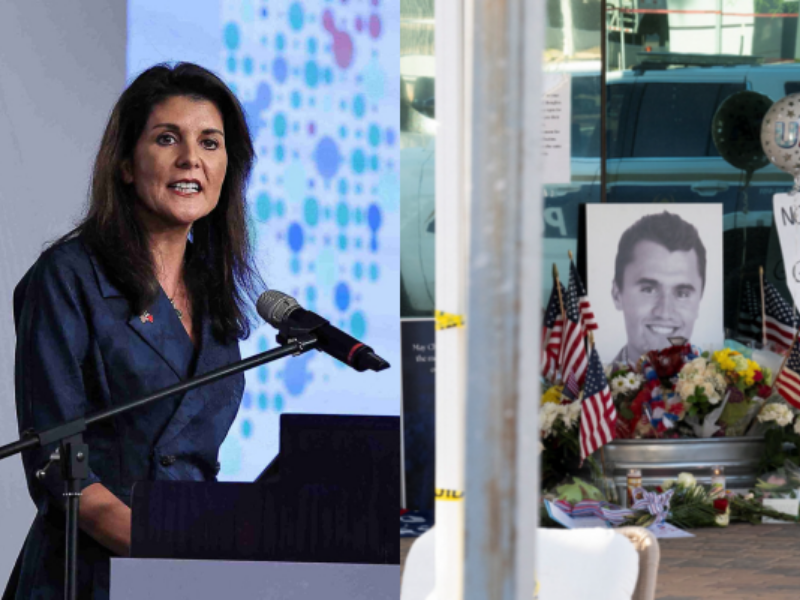

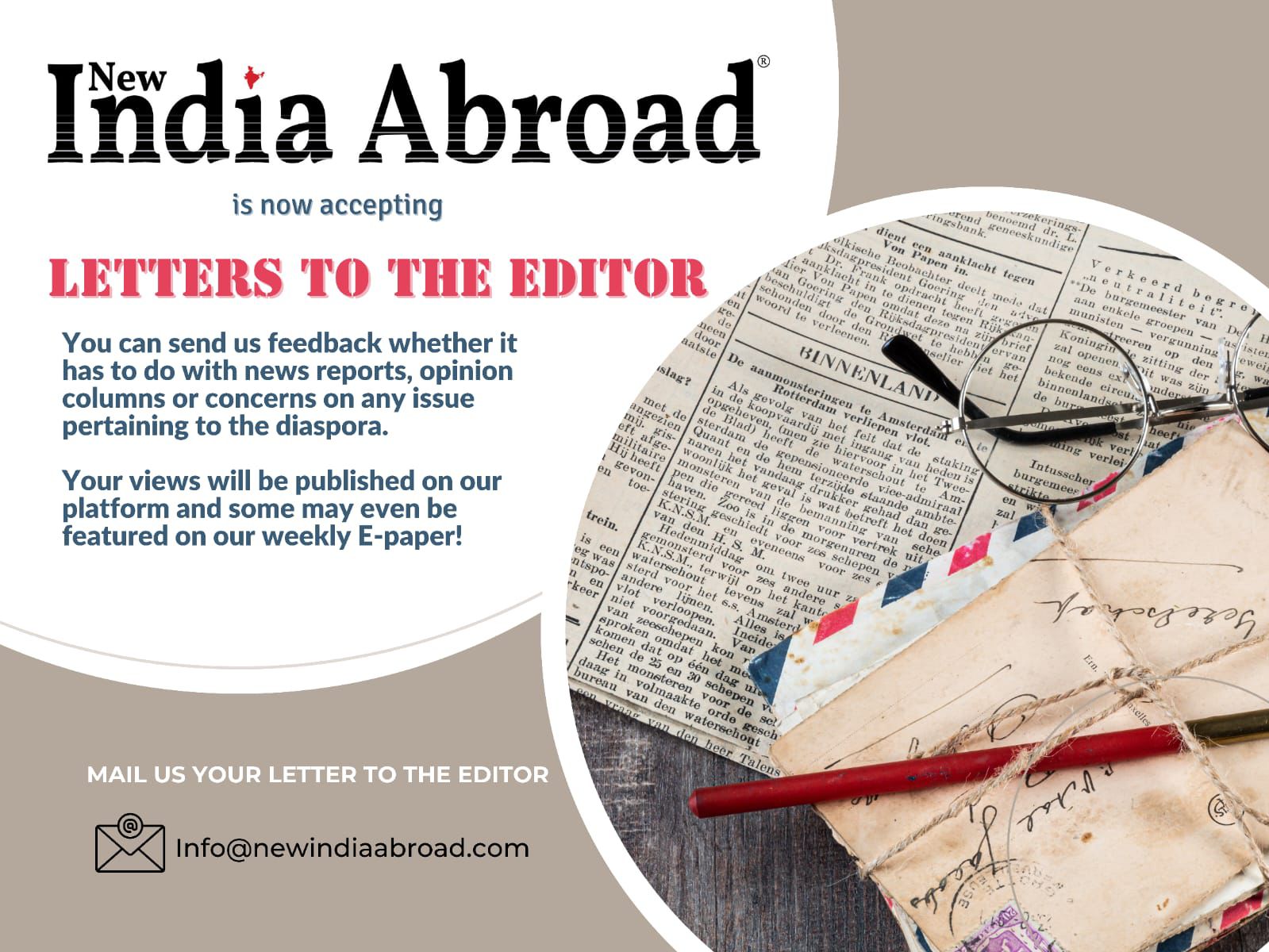
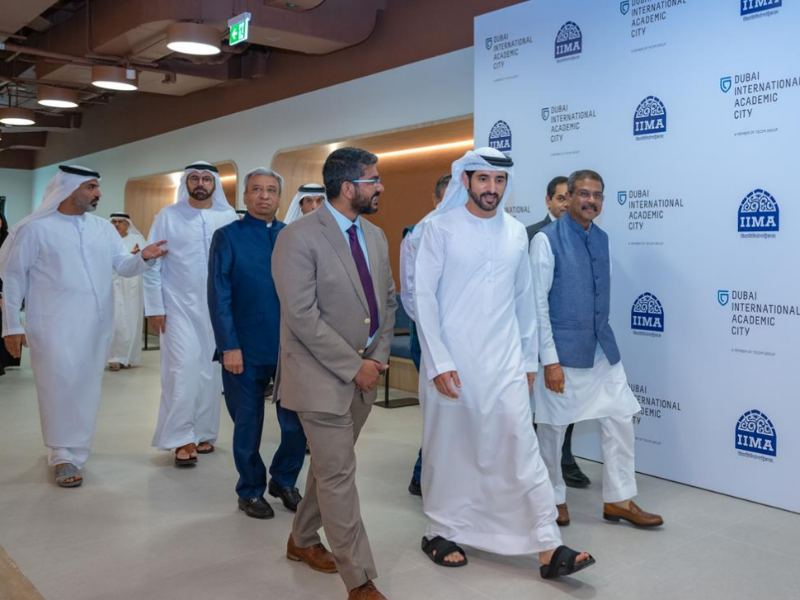



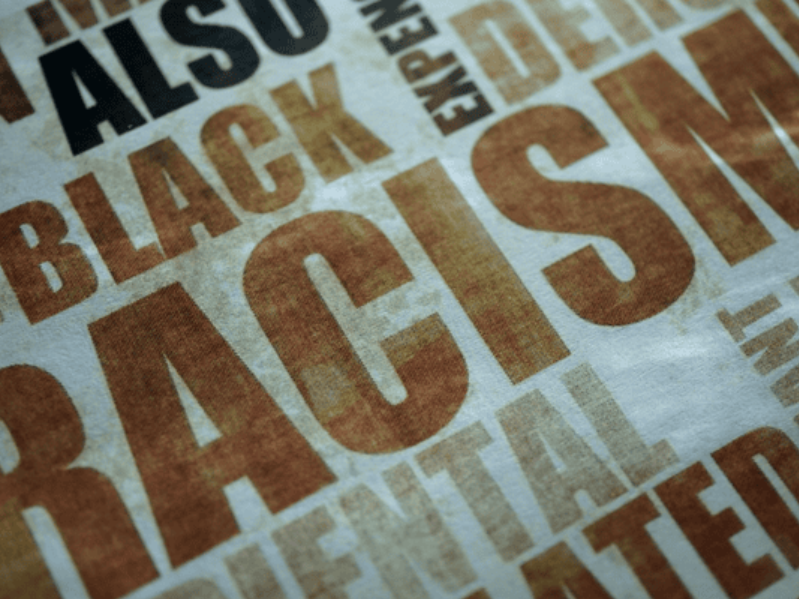






.jpg)

Comments
Start the conversation
Become a member of New India Abroad to start commenting.
Sign Up Now
Already have an account? Login